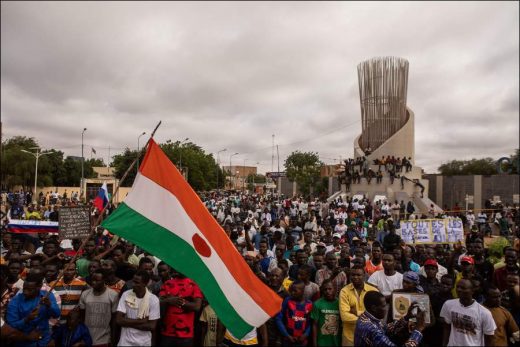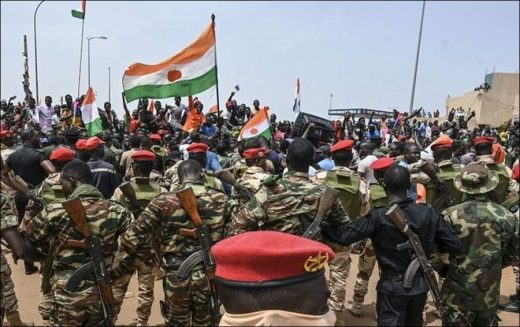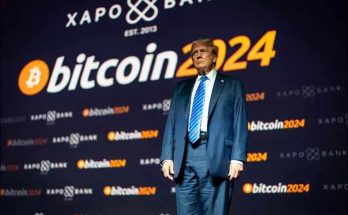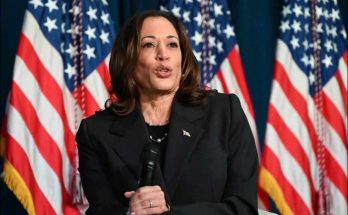Niger, coup d’Etat and democracy fatigue. During the years 1990-2010, French-speaking West Africa experienced a democratic surge boosted by the appetite of civil society, with the cases, in particular, of Mali, Burkina Faso and Niger. Certainly, there had been many upheavals. Niger, for example, saw presidential elections considered regular in 1993, before Mamadou Tanja’s regime clung to power by rigging the 1995 elections.
The 1999 coup d’état, led by a part of the army, temporarily restores democracy. But in 2010, a new military coup ended power and restored democracy again by organizing regular elections in 2011, putting Mahamadou Issoufou in power, re-elected in 2016 while the opposition boycotted the election. It was therefore in 2020 that Mohamed Bazoum was elected president of Niger. He was overthrown three years later by a new military coup. This putsch follows, as we know, that in Mali (2021), then in Burkina Faso (2022).
This epidemic of coups could appear as a continuation of the region’s tumultuous political history. But several very current characteristics – including the near-simultaneity of these coups – indicate that a new process is occurring. In Niger – but also in Mali and Burkina Faso – what strikes you at first glance are the street demonstrations in support of the putschists.
Of course, this does not mean that the majority of the population supports the new power – in the absence of elections or polls, it is impossible to know – but that at least a significant part of it, and in particular a part of the youth approves of the coup, where previously the street aimed at the establishment of democracy. This is a sign, visible almost everywhere, of a general weariness of successive and conflicting democratic experiences, which have not resolved – by far – the main problems of Niger.
These are well known: mass unemployment among young people – whatever their level of education – who most often see costly and risky emigration as their only escape; widespread poverty and coupled in 2023 with a worrying food crisis, which further discredits the lifestyle of men belonging to the circles of power and explains the success of populist speeches targeting “the elites”; finally, a security crisis, since Niger is at the heart of jihadist surges, in the north with the epigones of Daesh and Al-Qaeda and in the south with the Boko Haram threat, which the French military system has not been able to eliminate.
Here again, Mali and Burkina Faso are in different but comparable situations. Their history is also comparable, that of former French colonies which, for decades, were part of France’s famous African “pre-square”. Emmanuel Macron has not succeeded in breaking with this Gaullian heritage, taken up in various guises by all the presidents who succeeded De Gaulle.
In 2017, the French president described colonization as “crimes against humanity” then decreed the end of Françafrique, while undertaking symbolic acts, such as reflection on the return of cultural property looted during the colonial period. But actions have rarely followed words. “Privileged” relations with African leaders in the region, sometimes elected under questionable conditions and sometimes corrupt, continued, and irremediably associated France with these contested powers.
Even if objectively French influence has receded over the past twenty years, the continuation of the profiteering of large French companies and the exploitation of strategic resources – uranium in Niger – authorize the exploitation of postcolonial resentment, which constitutes one of the matrices, from now on, of the discourse of the putschists, in symbiosis with that of the street, stigmatizing France and the political elites who “collaborated” with it.
This game of dominoes directly affects the influence of France, which pays here for the absence of an examination of its colonial and postcolonial history and opens up a period of uncertainty in the region. Could the depreciation of democracy, the aspiration for radical and authoritarian solutions inflame the entire region?
Views: 284




